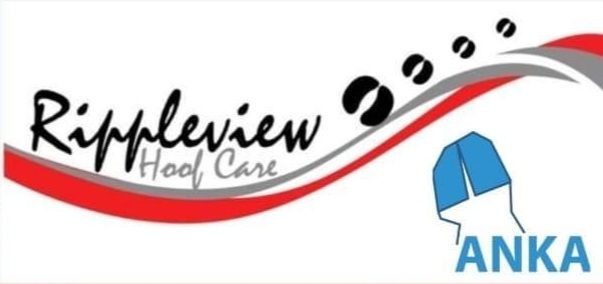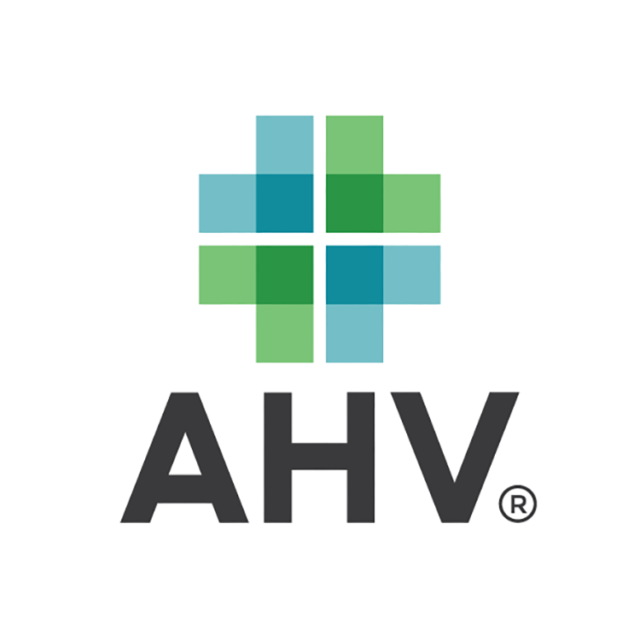The importance of successfully transitioning dairy cows from pregnancy to lactation has been well documented. With more than 50 percent of periparturient cows experiencing hypocalcemia, dairy experts remind producers about the importance of diet management to optimize health and lactation performance.
David Beede, a professor of dairy nutrition and management at Michigan State University, discussed the benefits of using a diet before calving with low or negative dietary cation-anion difference (DCAD) to increase blood calcium after calving.
Beede made his comments during the Pre-Conference Symposium at the Southwest Nutrition and Management Conference at the University of Arizona in Tempe, Arizona.
“If we don’t take preventive measures to manage blood calcium around parturition, a cascade of metabolic problems can lead to secondary health issues, impaired immune function, reduced milk production and poor reproductive performance,” Beede said.
He noted that subclinical hypocalcemia is a particular threat because cows do not display obvious signs of milk fever. As a possible strategy, he recommended more routine monitoring to identify subclinical hypocalcemia (blood calcium concentration ranging from 8.6 to 5.5 mg/dl) in herds with unacceptable incidences of transition health disorders.
Beede noted that the use of commercial anion supplements, rather than anionic salts, is more popular now than in the past due to their ease of use and improved palatability over pure anionic salt sources.
He also pointed out that supplementing vitamin D during the close-up period (three weeks prior to calving) decreased the incidence of hypocalcemia in dairy cows with greater susceptibility.
Animate, from Prince Agri Products, is a patented, commercially manufactured anionic mineral supplement, that when fed prepartum, is designed to enhance transition cow performance. PD
—From Prince Agri Products news release




